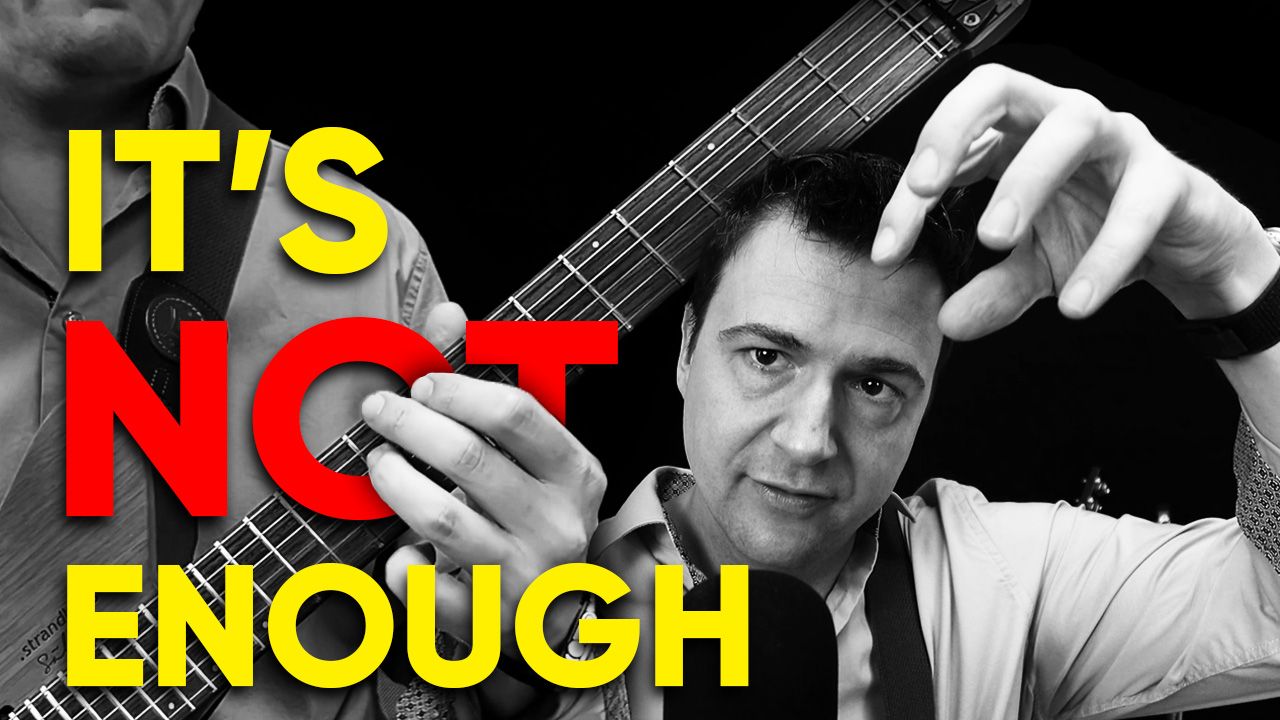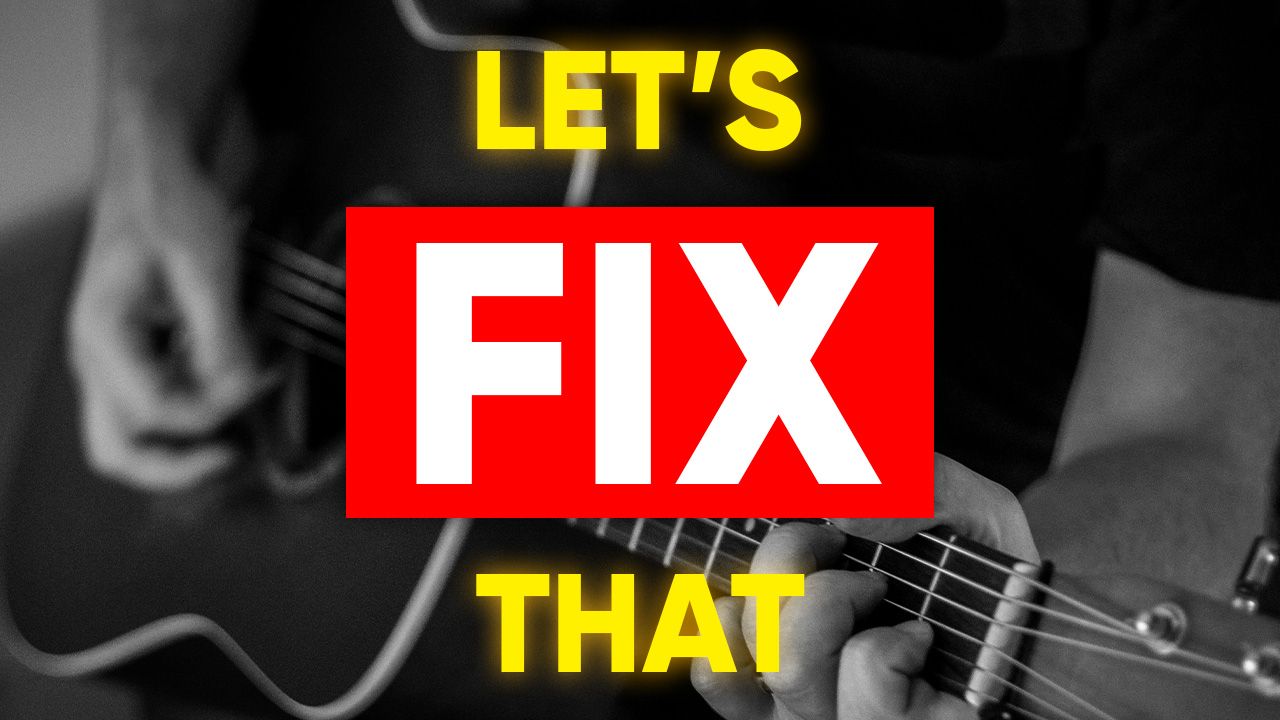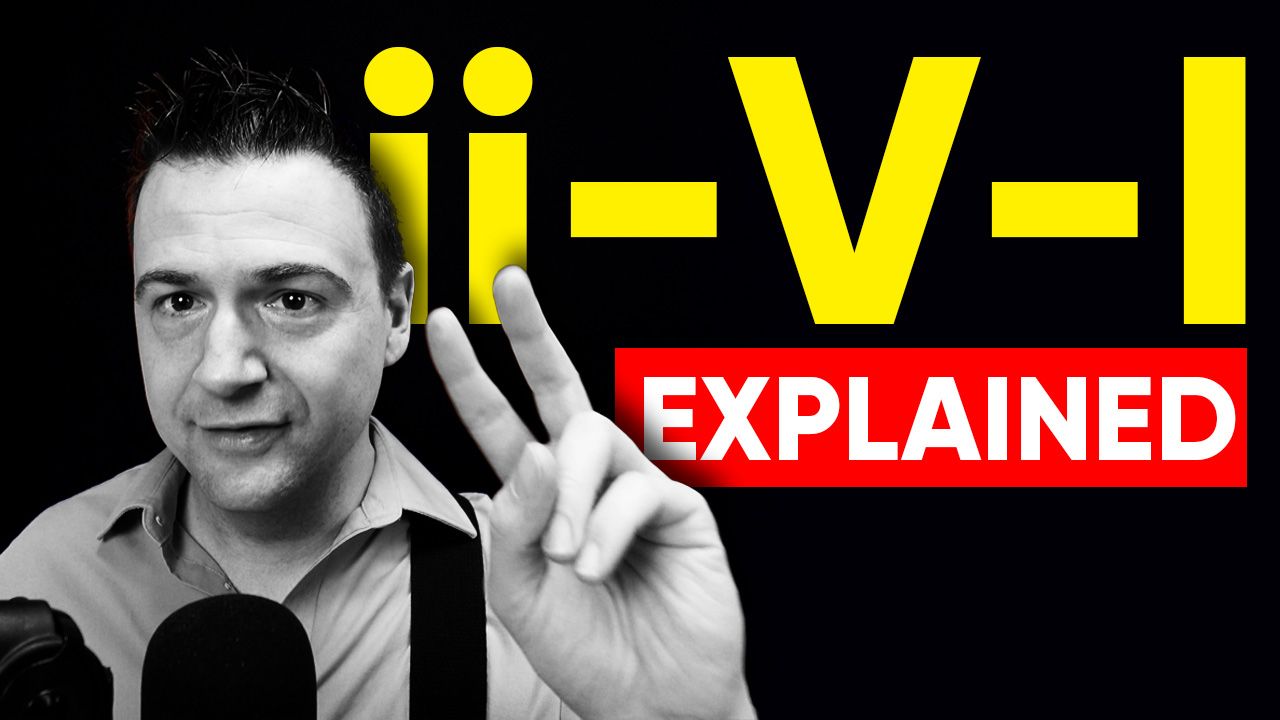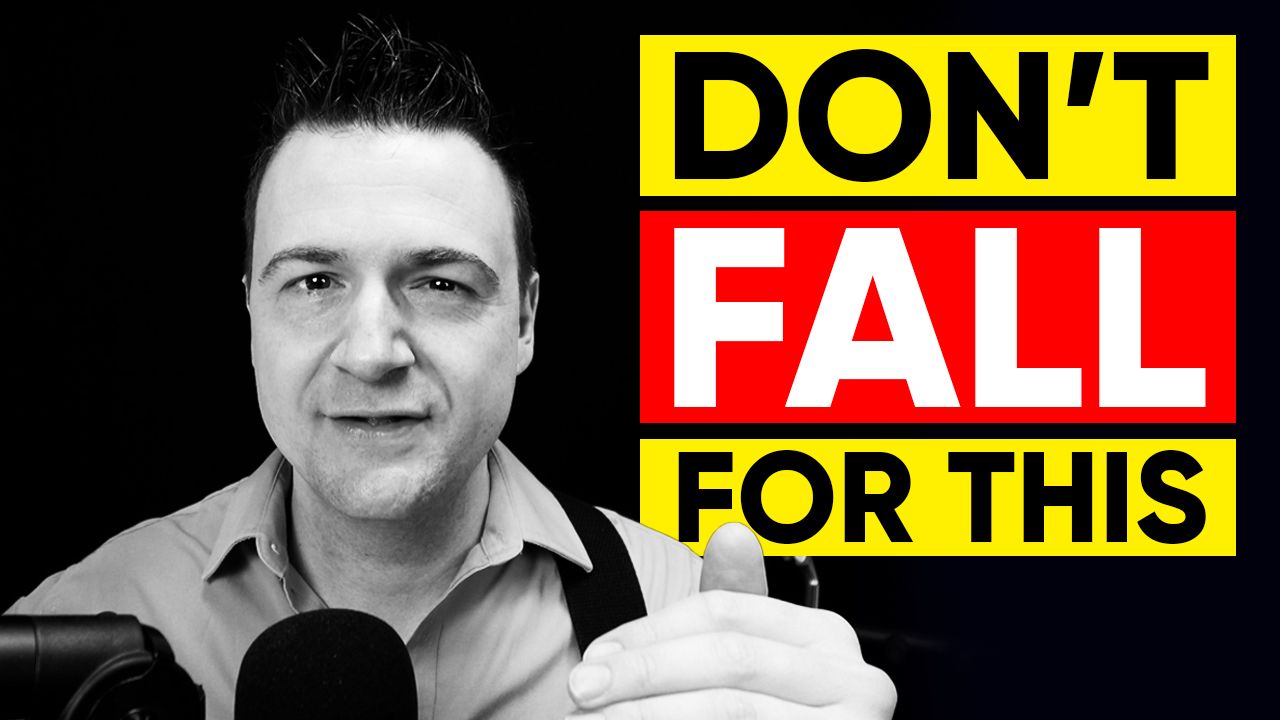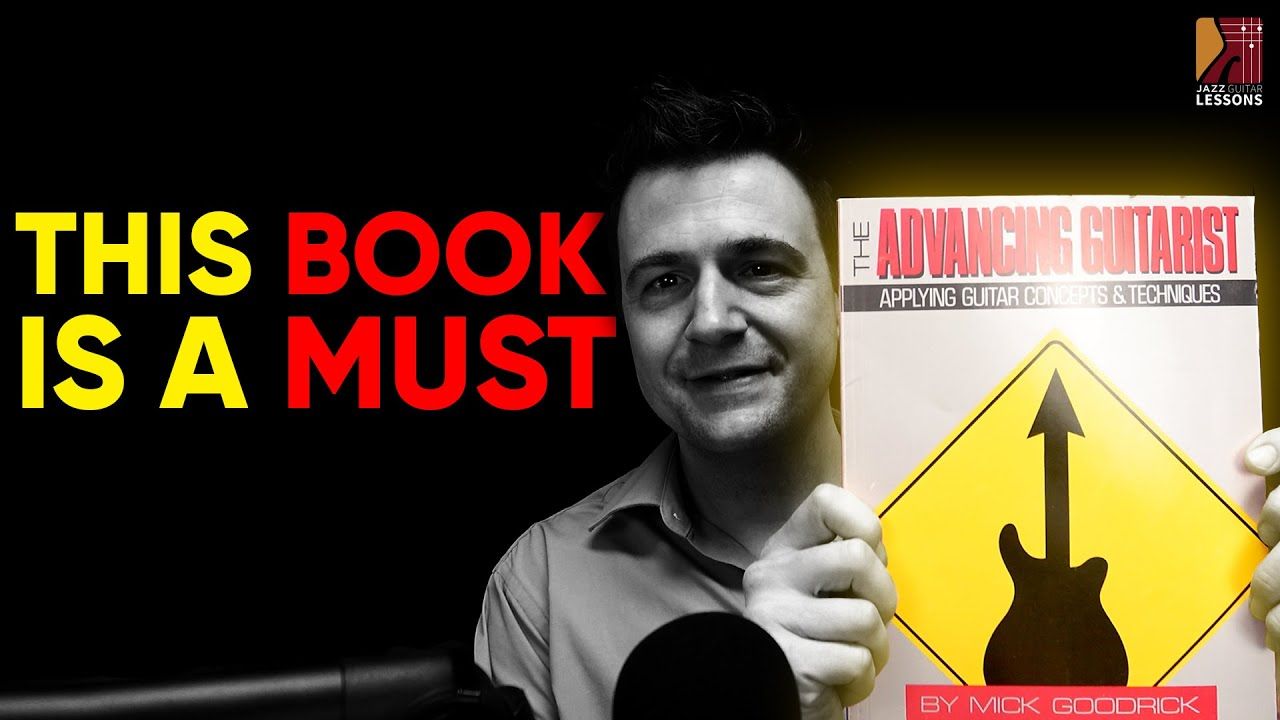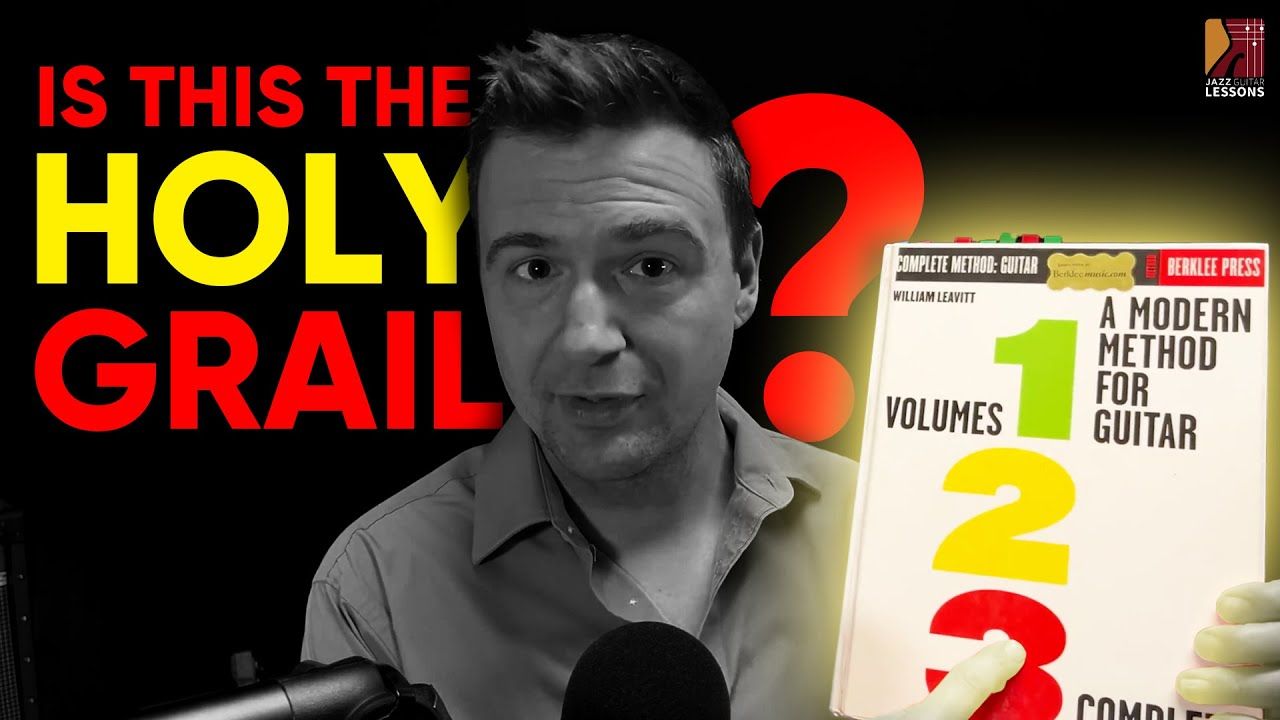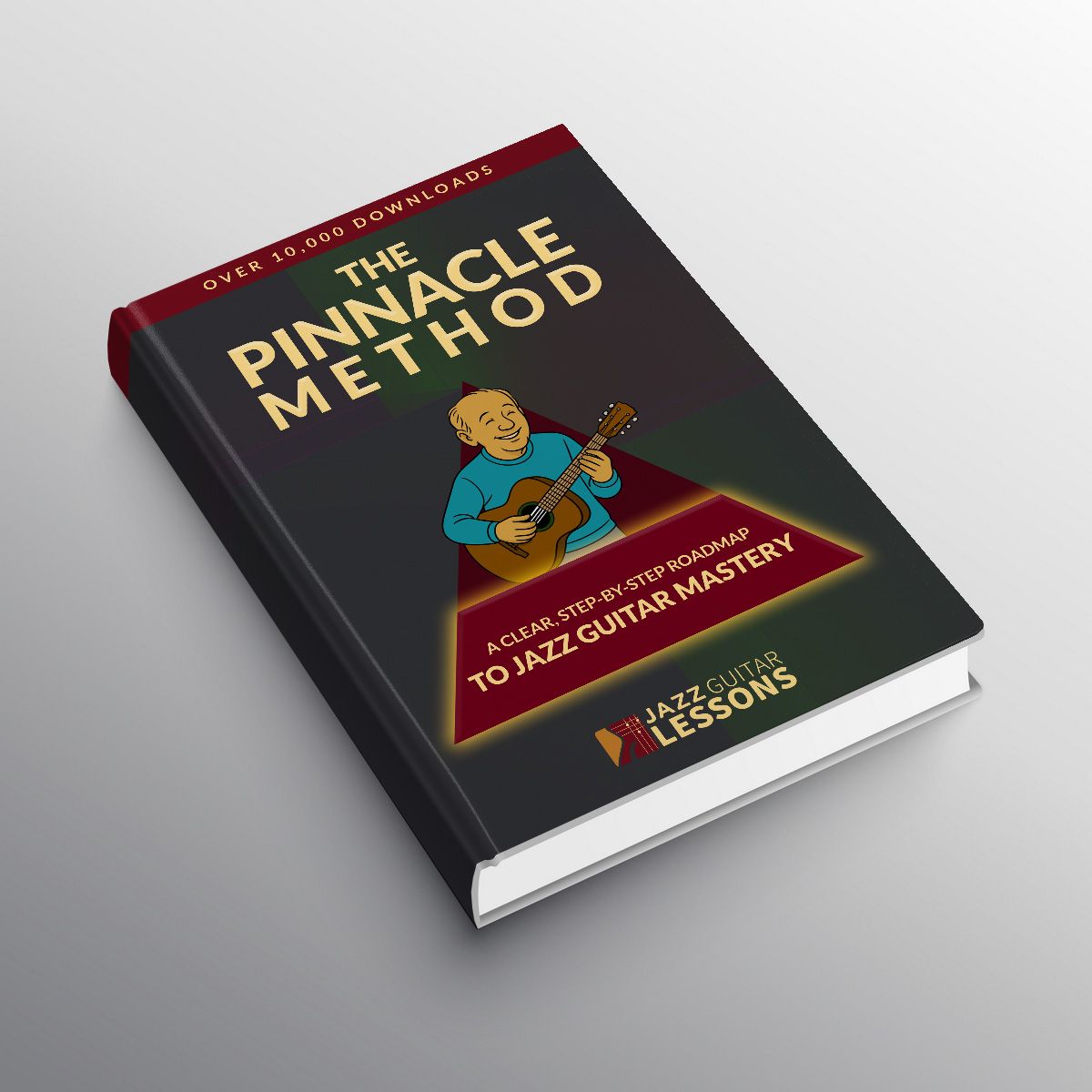
To Transcribe or Not To Transcribe?
Feb 06, 2025Hey folks, Marc here from JazzGuitarLessons.net! Today, let’s dive into a question that often sparks debate among jazz musicians: should you transcribe, or is it not worth the effort?
I won’t give you a definitive answer because, well, there isn’t one. Instead, I’ll share my perspective on transcription—its benefits, potential pitfalls, and alternative approaches that might be more effective for you.
What Does Transcribing Really Mean?
When jazz musicians talk about transcription, they mean listening to a recording—be it a vinyl, cassette tape (yep, I had those!), CD, or a Spotify track—and figuring out what’s being played. Many older players swear by transcription as the only way to learn jazz. But today, with YouTube, books, and even online courses (like mine!), we have more tools than ever at our disposal.
Back in the day, if you wanted to learn how the greats played, you had no choice but to transcribe. It was the best way to internalize phrasing, inflections, and stylistic nuances. But does that mean it's still necessary today?
The Case for Transcribing
If your goal is to become a serious jazz improviser, transcription can be an invaluable tool. When I was studying, I transcribed around 10-12 solos from contrasting musicians—John Coltrane, John Scofield, Pat Metheny, Miles Davis, Chet Baker, Charlie Parker, Herbie Hancock, and of course, Wes Montgomery. These exercises taught me phrasing, articulation, and groove in a way that books and theory couldn’t.
That said, transcribing note-for-note isn’t always the most efficient way to improve. If you just want to understand which scales or chord tones a player is using, there are faster ways to do that than painstakingly writing out every note.
Pros and Cons: Should You Transcribe?
Pros:
-
Improves ear training and recognition of harmonic movement.
-
Teaches you the “how” rather than just the “what” (articulation, swing, feel, etc.).
-
Helps you internalize phrasing and stylistic elements.
-
Gives you a deeper understanding of great players’ approaches.
Cons:
-
Can be a slow, tedious process.
-
May not be the most direct way to learn harmony and improvisation.
-
Can become a crutch if you rely solely on copying solos rather than developing your own voice.
Alternative Approaches
-
Transcribe in Small Chunks – Instead of tackling an entire solo, take a short phrase, analyze it, and figure out how to incorporate it into your own playing.
-
Focus on Feel and Inflection – Playing along with a recording can teach you just as much as writing it out. Try to match a player’s phrasing and groove without getting caught up in the exact notes.
-
Transcribe the Head, Not Just the Solo – Learning how a band plays a melody can be just as valuable as transcribing solos. Try this with classic recordings like Miles Davis’ “Autumn Leaves.”
-
Use Software to Slow Down Recordings – Tools like Transcribe!, Amazing Slow Downer, or Video Surgeon can help you hear details without losing the feel of the music.
The Big Picture
At the end of the day, transcription should serve a purpose. If you’re just transcribing for the sake of it, you might be missing the point. Instead, ask yourself:
-
Am I doing this to improve my ear?
-
Do I want to understand phrasing and articulation?
-
Am I looking for new harmonic ideas?
If your goal is to sound more like your favorite players, there’s no substitute for listening and playing along with them. But if you're after theoretical knowledge, there might be a more efficient way to get there.
So, should you transcribe? It depends. Just make sure you’re doing it for the right reasons and in a way that actually helps your playing!
Let me know what you think in the comments, and if you found this helpful, check out my free lessons and courses at JazzGuitarLessons.net. See you in the next one!


